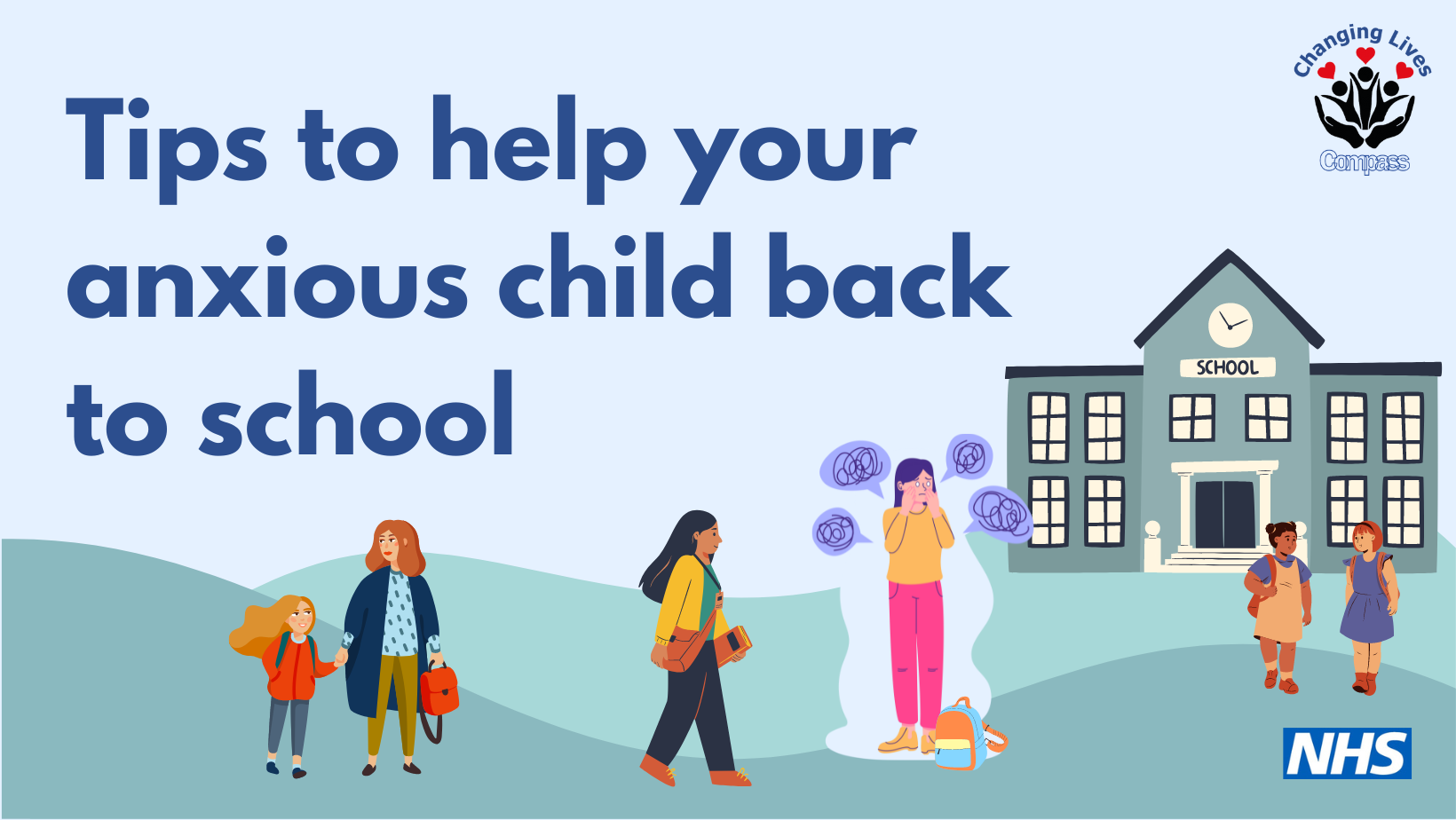
After a long summer holiday, children across the UK are going back to school this week as the new academic year starts. After having a long time away from school many children can feel anxious about going back to school and it can be a very daunting time for children who are starting school for the first time or transitioning from primary school to secondary school or to college.
Here are some tips to ease their anxiety and make the transition smoother:
- Start a Countdown: Create a fun countdown calendar or use an app to count down the days until school starts. This can build excitement and provide a sense of control over the situation.
- Open Communication: Encourage your child to talk about their feelings and concerns. Ask open-ended questions to help them express themselves and listen attentively without judgment.
- Visit the School: If possible, take your child to visit the school before the first day. Familiarity with the school layout can help reduce anxiety.
- Meet the Teacher: Arrange for your child to meet their new teacher before school starts. This can help them feel more comfortable and establish a positive connection.
- Re-establish Routine: Gradually reintroduce school-year routines a week or two before school starts. This includes setting regular bedtimes, wake-up times, and meal schedules.
- School Supplies Shopping: Make shopping for school supplies an exciting event. Allow your child to choose some of their supplies and personalize their backpack or lunchbox.
- Arrange Playdates: If your child has friends from school, schedule playdates before school starts to reconnect and rekindle friendships.
- Encourage Independence: Help your child develop self-help skills like packing their backpack, making lunch, or picking out clothes. This can boost their confidence.
- Read Books: Read books together about going back to school. There are many children’s books that address first-day jitters and the school experience.
- Positive Attitude: Maintain a positive attitude about school and highlight the fun aspects, like seeing friends, learning new things, and participating in activities.
- Share Your Own Experiences: Share stories about your own school experiences, both the challenges and the positive moments. This can help your child feel less alone in their feelings.
- Manage Separation Anxiety: If your child struggles with separation anxiety, practice short separations leading up to the first day of school. Gradually increase the time apart.
- Create a Calm Morning Routine: Establish a calm and organized morning routine to reduce stress on the first day of school. Allow extra time for any unforeseen delays.
- Acknowledge Feelings: Validate your child’s feelings and let them know it’s normal to feel nervous. Assure them that many children feel the same way.
- Stay Positive and Reassuring: On the first day of school, stay positive and reassuring, and provide a loving send-off. Reiterate that you’ll be there to pick them up later.
- Stay Informed: Keep yourself informed about school events, policies, and procedures. Knowing what to expect can help alleviate your child’s anxiety.
Remember that each child is unique, and it’s essential to tailor your approach to their specific needs and personality. Be patient, and provide ongoing support and encouragement as they navigate the back-to-school transition.
All the emotions that your child experiences before starting a new school or going back to school after a long holiday are absolutely normal. However if your child’s anxiety persists or becomes severe, we are here to offer mental health support for your child or young person as we work with a number of schools across Derby and Derbyshire to help children and young people manage their emotions and wellbeing.
Back to Compass Changing Lives
